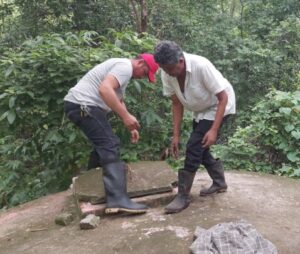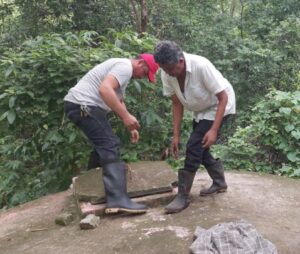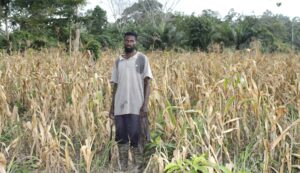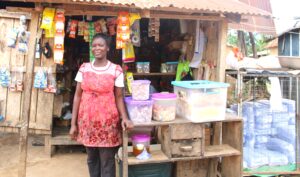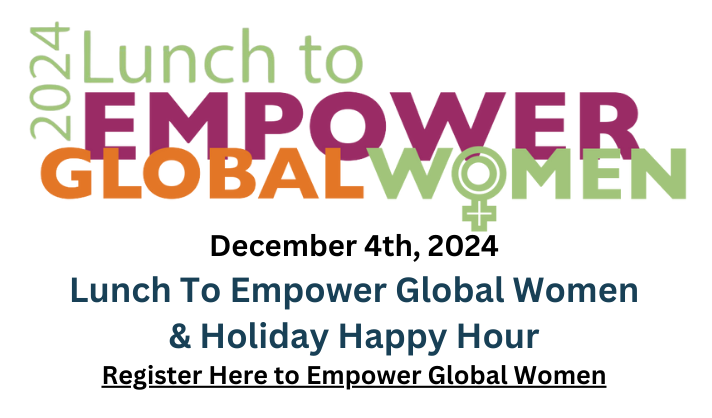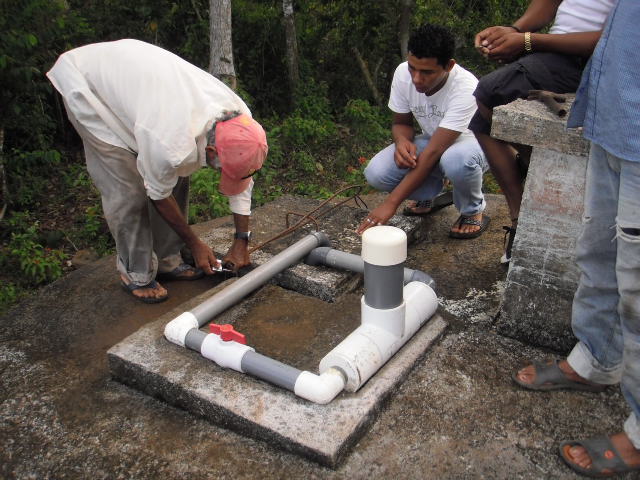
Innovating Water Chlorination in Nicaragua
By Orlando Montiel Salas – Clean Water Program Officer
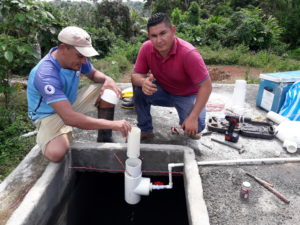
Installing a water chlorinator.
It’s been seven years since the implementation of Self-Help International’s Clean Water Program in Nicaragua, which has brought simple, understandable, and efficient chlorination technology to disinfect water storage systems in rural Nicaraguan villages. That’s been Program Officer Orlando Montiel’s experience, who explains:
“Self-Help International started the water program in two rural communities in the San Carlos municipality, Cruz Verde and Los Chiles. Community members participated in the water quality tests and the demonstrations of the disinfection and purification of the contaminated water. When Self-Help saw the success of the CTI-8 chlorinators, it began extending the experience to other communities in the municipality.
“There has been a lot of need in rural communities – water shortages, unsafe drinking water, needing to construct community water systems and aqueducts to meet the demand for water, etc. The clean water program has greatly improved the water quality in the communities where chlorination equipment has been installed.
“In the last seven years, Self-Help has managed to provide better quality water to 92 rural communities in nine municipalities of the departments of Río San Juan, Central Zelaya, Chontales and Boaco, benefiting 81,712 people.
“During these seven years, innovations have been essential in the process of improving the water quality in rural communities. Each chlorinator must be designed around the specifications of the pipes, batteries, and water distribution tanks, so that the chlorinator may effectively disinfect water.
“Since clean water is so vital to communities, it is important that the installation of each device be thoroughly investigated and analyzed prior to installation. This requires the necessary materials, pipes, fittings and tools, so that water can best be decontaminated.
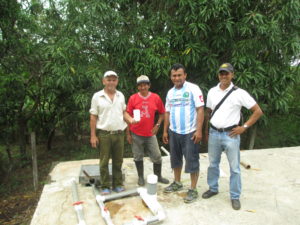
Orlando with community members.
“Self-Help’s latest focus has been on modifying the vertical laminar flow and laminar chlorinator to ensure duration of a newly recommended type of tablet which is calcium-based. The new modifications must allow for sufficient water circulation to achieve chlorination, but not so much water circulation that the calcium hypochlorite tablet dissolve too quickly.
In Nicaragua, there have been three locally available forms of chlorine tablets. Self-Help has historically distributed the most cost-effective locally available form of chlorine tablets, which is made of sodium dichloroisocyanurate. A study released in 2019 entitled “Study on the Chlorine Supply Chain in Rural Systems of Operational Water Supply” compared the different forms of chlorine tablets in use in the CTI-8 systems in Nicaragua, and noted that while sodium-based tablets may be used “as a means of primary disinfection in cases of emergency,” but common operator error makes it undesirable for daily use.
We are actively disseminating this information to communities, and helping those who choose to switch to different types of chlorine tablets make that transition. This includes working alongside the community clean water committee (CAPS) leaders to offer technical advising, as well as to help them determine what financial management changes they need to implement in order to afford the recommended chlorine tablets, and support the CAPS as they take the necessary steps to make it a smooth transition.

 Previous Post
Previous Post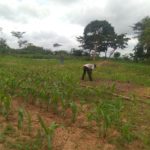 Next Post
Next Post